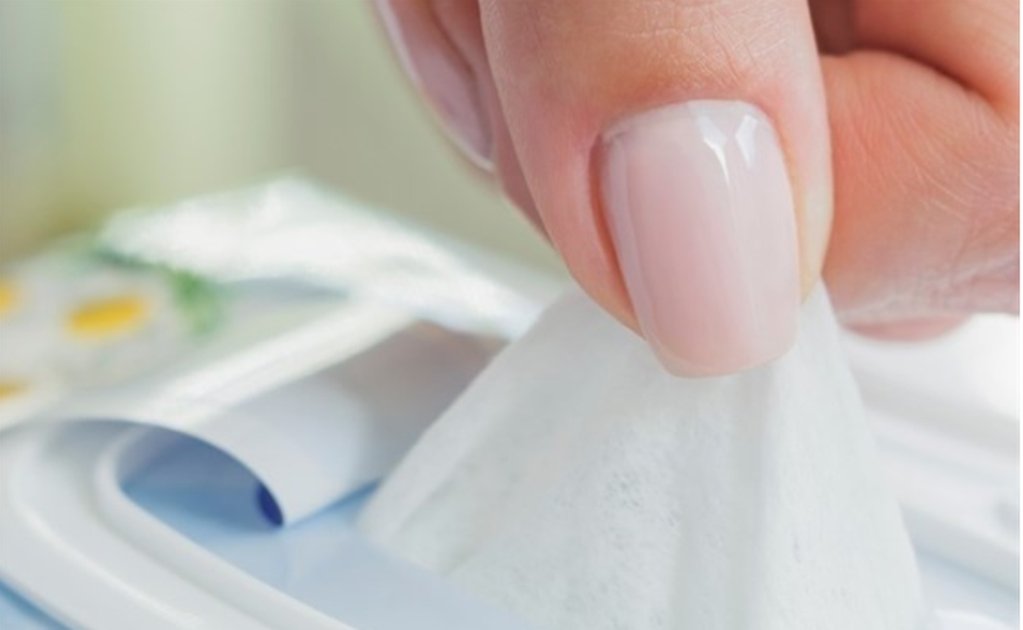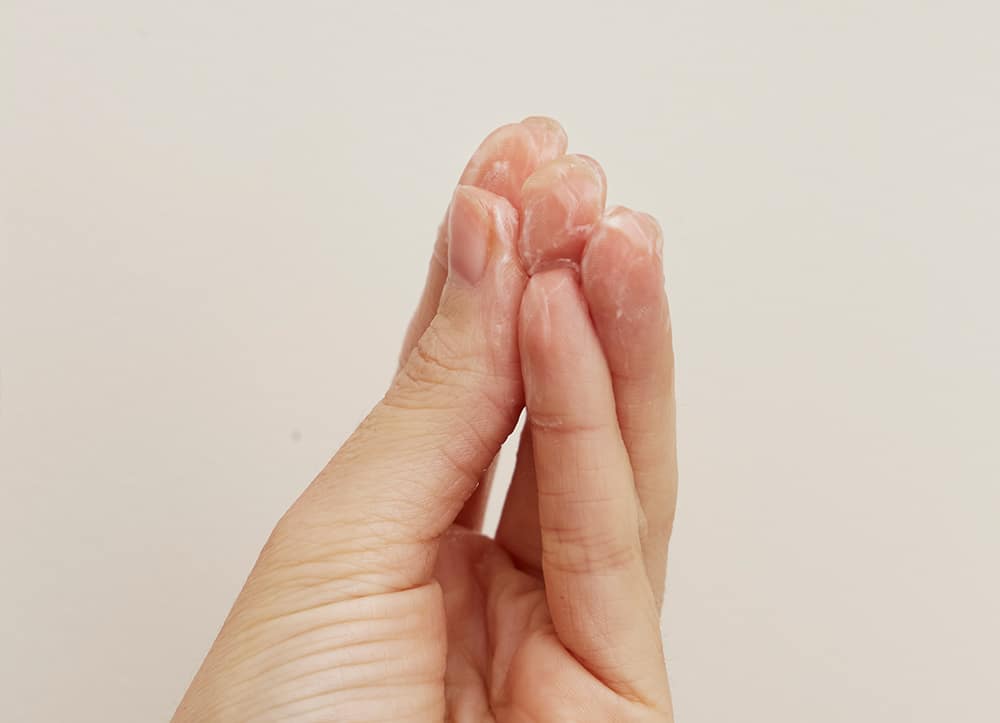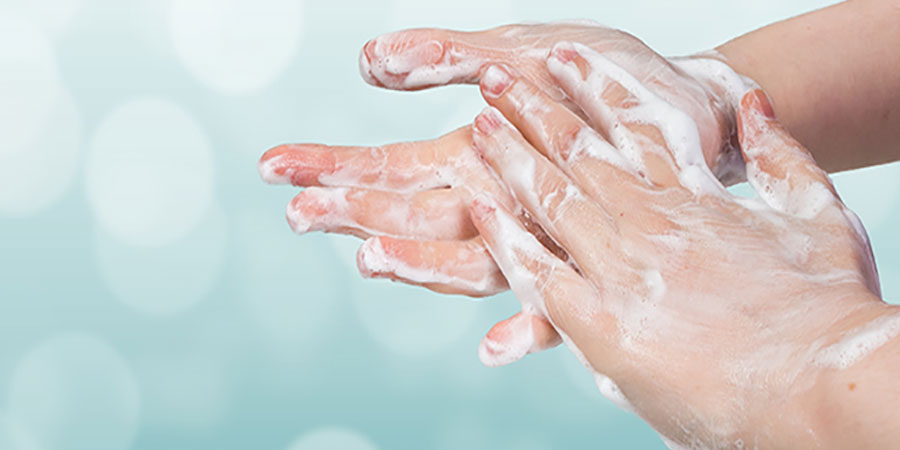We were not born knowing straight away everything about feminine hygiene. Personal experiences, Family, friends, women around us have taught us most of what we know about personal hygiene. Whether you are growing up and starting to discover your body or a mature woman looking to expertise your knowledge in women’s intimate hygiene, this article will help you. It covers A to Z of feminine hygiene hacks to help you have a healthy and fresh vagina.
Here are 22 feminine hygiene hacks and tips to help you keep your love tunnel healthy and fresh.
- Practices the Basic Hygiene rules
When a part of the body is not functioning well the whole body suffers. The same, certain habits not only can help you keep the vaginal healthy but also your entire physical and mental functions. Sexuality is part of well-being, and to enjoy it, you have to take care of your body, including your private parts.
Here are some practical habits you need to adopt in your feminine hygiene routine:
- Wash the intimate area twice a day maximum;
- Never wash the inside of the vagina;
- Avoid Piercings and tattoos in the vulva; they are not recommended in this region;
- Avoid the use of antiseptic and antibacterial products when not necessary;
- After washing, be sure to dry your genitals well to minimize humidity;
- In public toilets, avoid touching the toilet seat;
- Wash your hands with soap after each use of toilet;
- After waxing, disinfect the area with a suitable antiseptic product before putting on clean underwear;
- After urination or bowel movements, wipe yourself back and forth, from the urogenital area to the anal area;
- Whatever the type of hair removal, be sure to clean the area well beforehand with a product suitable for feminine hygiene.
- Dry your genitals properly with a soft dry towel

Wiping back and forth is one of the rules of personal hygiene that most of us are familiar with, but did your parents ever explain to you why this is so important for the feminine hygiene? Not wiping yourself back and forth when using the bathroom can displace some unwanted bacteria, causing UTIs, which women are more prone to because of their anatomy.
Be sure to use towel or toilet paper that is soft, absorbent and strong at the same time, such as toilet papers made of high-quality bamboo fiber. Thanks to its thickness and incomparable softness, only a few sheets will suffice for absolute cleanliness and perfect comfort.
- Do not mix vaginal sex with anal Sex
Some women find anal sex enjoyable, but the practice is associated with health risks; precaution should be taken by those who practice it. Anal intercourse is the unhealthiest form of sexual activity for many reasons, but let’s consider just one in this list.
The anus is full of bacteria that are harmful to the vagina. These Bacteria can potentially infect your genitals and cause serious infections. Having vaginal sex after anal sex before cleaning can also lead to vaginal yeast infection and urinary tract infections. Yeast infection can cause foul vaginal odor. It’s not worth it ladies.
4 .Refresh yourself with damp toilet paper
When we wash our hands, we don’t just wipe them on a rag: we wash them with soap and water because it is hygienic. The same principle applies when you go to the bathroom. Completing your personal hygiene routine with a moist, biodegradable Wet Tissue will not only make you feel cleaner and fresher, but also save you time and toilet paper.
5. Watch what you eat and drink
It may come as a surprise, but to have a healthy and fresh vagina, a good diet is essential. For instance, overconsumption of sugar has been identified as a factor in developing vaginal yeast infection, which can be prevented, even cured, by eating healthy and using plain yogurt.
It is also recommended to drink plenty of pure water to keep your body hydrated and, in particular, prevent the risk of urinary tract infections. Certain foods and beverages, such as ginger, mint and peppermint tea, can not only ease discomfort, but also keep your vagina healthy, and fresh.
6. Keep your confidence up during your period
Most women experience some malaise or discomfort during their menstruation, especially on the first day. But it does not have to be this way.
It’s hard to deny that your period can be uncomfortable, but there is nothing dirty or embarrassing about having your menstruation. Use good personal hygiene to help you feel clean, comfortable and confident.
7. Don’t be afraid of white discharge
Milky white vaginal discharge can be a normal natural cleaning process of the vaginal, which indicates you are healthy. You might feel embarrassed when you smell secretions, but no worries: it’s just your body’s intimate hygiene system at work!
However, if your discharge takes on an unusual texture, color or odor, it is recommended that you see your doctor. It can be a cause of an underline disease.
8. Learn to identify UTIs
Examining your urine may not be the most enjoyable part of a woman’s feminine hygiene, but it can help you spot early signs of UTI. Urine that looks cloudy and smells stronger than usual may indicate the development of a urinary tract infection.
Eat fruits and vegetables rich in vitamin C and Drink plenty of water to help your body get rid of the infection. See your doctor if you start to feel pain or a burning sensation when you pass urine.
9. Let your vagina breathe!
We all enjoy getting some fresh air… and so do our private parts. Wearing clothing that is too tight or made of  synthetic materials can create friction, heat and humidity that are conducive to infection. It is therefore recommended to favor non-GMO cotton underwear and pajamas that are loose enough to keep your genitals dry, cool and healthy.
synthetic materials can create friction, heat and humidity that are conducive to infection. It is therefore recommended to favor non-GMO cotton underwear and pajamas that are loose enough to keep your genitals dry, cool and healthy.
Not wearing underwear is healthy for your vagina, as well as the rest of your vulva, especially if you are a bit sensitive.
10. Avoid Soaps and shower gels
Wash yourself with clean water. Soaps and shower gels can upset the balance of bacteria that make up your vaginal flora and keep you healthy, causing discomfort and even infection. Wash yourself with clean water that does not contain chemicals, including chlorine and fluoride.
If you want to use soap, choose an intimate hygiene product for women with a neutral pH that you will rinse thoroughly without rubbing too much. Avoid irritating soaps.
11. Be prepared for Period Leaks
Not all of the science in the world can tell you by the minute, if so, you can wear light jeans safely today. It is difficult to avoid period leaks sometimes; an accidental bleeding might catch you unaware or you might have a heavy flow.
Plan to always have hygienic protection on hand in the event of a minor accident. In case you don’t, ask the women around you if you are caught off guard. Most personal care brands for women recommend changing your protection about every 3 to 6 hours, or more frequently if your flow is heavy.
12. Talk about Feminine hygiene with those around you
This tip is for women of all ages. Having good intimate hygiene can be learned, which is why you shouldn’t be ashamed to ask women around you for advice on intimate hygiene.
Be honest about your feminine hygiene, and learn more from those around you, your doctor and health related websites. If you can talk about it openly, you will facilitate communication around a woman’s intimate hygiene with those around you so that everyone adopts the right reflexes.
13. Monitor your vaginal hydration
Understand why your vaginal hydration decreases or change. Many circumstances decrease the natural hydration of the vagina: Contraceptive pills low in estrogen, hormonal imbalance after pregnancy or near menopause, prolonged sexual abstinence, stress, tobacco, and taking certain medications such as antidepressants, antihistamines, antihypertensives.
So, no need to worry if you experience a temporal vaginal dryness; it can be just minor change in your body or lifestyle. Estrogen deficit leads to thinning of the mucosa, a change in pH and therefore weakening of the vagina.
14. Limit intake of antibiotic
Yeast infections can cause irritation and discharge, but not all vaginal change is yeast infection and require antibiotics. Many women go to the pharmacy to ask for an Antibiotic-Antimycotic medications at the slightest discomfort. That habit can become harmful. Because even when these drugs effectively cure fungal infections, they also dry out the mucous membranes.
So be careful with self-medication when it happens often, otherwise a vicious circle will set in. It is better to be examined in order to receive the right diagnosis and the right treatment.
15. Test multiple lubricants
There are different types of lubricants on the market. They can be lubricants only, moisturizer and lubricants, temporary or longer acting, slightly scented or not at all, a little viscous or, on the contrary, almost liquid. There are large formats and single doses, often more expensive but how much more discreet. The more natural the better. Test and compare before you adopt one that your body likes.
For the application too, we have the choice. You can apply a small amount to the entrance of the vagina discreetly before sex, or put it like a game in front of your partner. It’s up to you to find what suits you the best.
Here is a simple guide to choose the right lubricant.
- Mild dryness: a simply lubricating product is sufficient. Aloe vera is a perfect natural lubricant for mild dryness, as long as it is 100% pure.
- Medium dryness: consider a lubricating and moisturizing product, therefore based on hyaluronic acid, which promotes lubrification. For instance, Monasens and Saforelle lubricants contains two hyaluronic acids of different molecular weights for lasting hydration.
- Severe dryness: If you are experiencing severe vaginal dryness, it is better to use a hydrating, healing and lubricating gel with an applicator to nourish the entire vagina. Mucogyne and Replens are 2 common lubricants with these properties.
16. Adopt little skincare habits
We put cream on our face to moisturize it, why not do the same for the genitals. In times of dry climates, a dab of basic cream (cold-cream) or hyaluronic acid-based lubricant can be applied to the vulva, which has a long action, several times a week.
This does not prevent adding a dab of lubricant to the entrance to the vagina just before intercourse, if that is not enough, or for reassurance. Lubricant is the little crutch that makes you feel good.
17. Avoid Certain intimate hygiene products
Feminine hygiene products are now sold in supermarkets and pharmacies. Check that the ingredients in them are safe for your intimate environment before you buy. They must have a physiological pH close to 5 to be a healthy choice for your vagina.
Some are suitable for sensitive women and contain soothing products. Intimate wipes, while practical, do not have to be systematic. However, avoid aggressive products containing irritants, dyes and perfumes.
Do not try to mask odors with deodorants, they weaken the mucous membranes and can cause burning sensations and more serious odor problem.
18. Limit wearing tight and synthetic clothing
Friction, humidity and maceration are the worst enemies of your private part. They create a favorable environment for the development of bacteria and fungi responsible for vaginal infections. Wearing tight clothing should therefore be avoided.
Also, be sure to favor natural fabrics like non-GMO cotton and silk. Indeed, underwear made of synthetic materials, such as nylon, Spandex and lycra, promote maceration and therefore the proliferation of germs.
19. Wear Clean and healthy underwear
If you don’t want your underwear become nests for germs, do not leave it lying on the floor, or wear it many times. Take care to wash your lingerie separately and preferably at high temperature (60 ° C). This will eradicate resistant fungi and bacteria. Likewise, favor gentle, non-allergenic detergents.
Finally, never borrow underwear or hand towels from someone whose hygiene is not rigorous.
20. Avoid swimming pool and shared showers
Swimming pools and shared showers are places where bacteria and germs can exchange easily. To prevent vaginal or other infections, limit the use of these places when they are public or shared with other people. Never keep a wet swimsuit on you, this promotes yeast infection. Be sure to take a clean towel and underwear to help you feel fresh after your workout.
If you cannot shower on the spot, use intimate wipes. Practical, they are to be used sparingly … The best defense against infections is your own vaginal flora, so protect it.
21. Avoid sex during menstruation
Sexual intercourse is rather not recommended during menstruation, as the environment is more susceptible to infections.
In addition, during your period, keep your feminine hygiene in check. Remember to change pads and tampons regularly every four hours. Also change panty liners as soon as they are wet, otherwise this promotes the growth of bacteria.
22. Keep your hands clean during sexuality
When having sex, your partner and you should keep your hands clean so that they do not spread germs to the vulva. After sexual intercourse, it is recommended to wash with water or with suitable products. If you have anal and then genital sex, wash in between so as not to contract rectal germs. Finally, it is advised to urinate after intercourse to prevent germs from rising to the urethra.
Now that you now know how to have good feminine hygiene on a daily basis, it is time to take proper care of yourself and your body. If you have any suggestion on intimate hygiene, kindly share it with our readers below.



